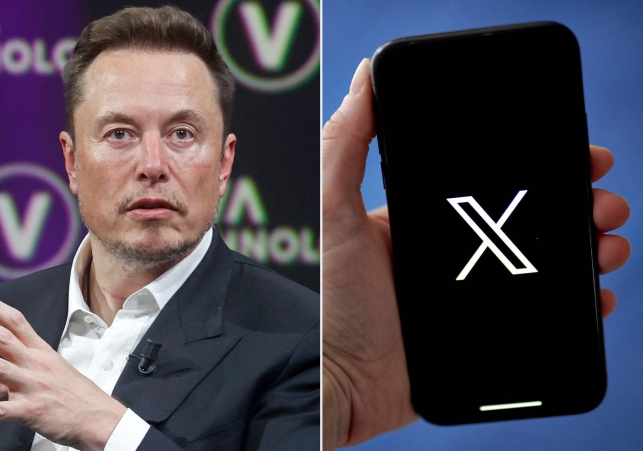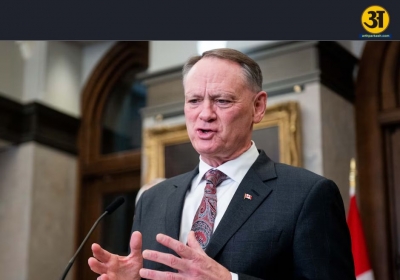
Elon Musk to charge users for access to X
Elon Musk floats the idea of charging users for access to X to combat bots
Elon Musk, the entrepreneur behind companies like Tesla and SpaceX, has suggested that users of the social media platform formerly known as Twitter, now called X, may have to pay for access to the platform. He made this statement during a conversation with Israeli Prime Minister Benjamin Netanyahu, citing the need for a payment system to combat bots on the platform.
Elon Musk's proposal
Elon Musk proposed implementing a small monthly payment for using the platform as a way to counter the issue of bots and fake accounts on X. He has previously advocated for charging users for verification as a means to address this problem. While he has encouraged users to subscribe to X Premium, a paid service offering additional features, the platform still allows free access.
ALSO READ: Malaysia addresses rice supply concerns amid export limitations
Current pricing and future plans
Currently, X Premium costs $8 per month in the United States, with varying prices in different countries. Musk mentioned that they are considering lower-tier pricing options to make it more accessible. He believes that charging a small amount of money is the only viable defense against the proliferation of bots on the platform.
Potential risks
One potential risk of putting X behind a paywall is the possibility of losing a substantial number of users. This could have a negative impact on advertising revenue, which is a major source of income for the platform. Striking the right balance between monetization and user retention will be a critical challenge.
ALSO READ: Byju's delays employee settlements amid financial crunch
Addressing antisemitism
During the conversation with Prime Minister Netanyahu, Musk also discussed the issue of antisemitism on X. The platform has faced criticism from organizations like the Anti-Defamation League (ADL) for not doing enough to combat antisemitic content. Musk expressed his opposition to antisemitism and mentioned the challenge of balancing free speech with content moderation.





